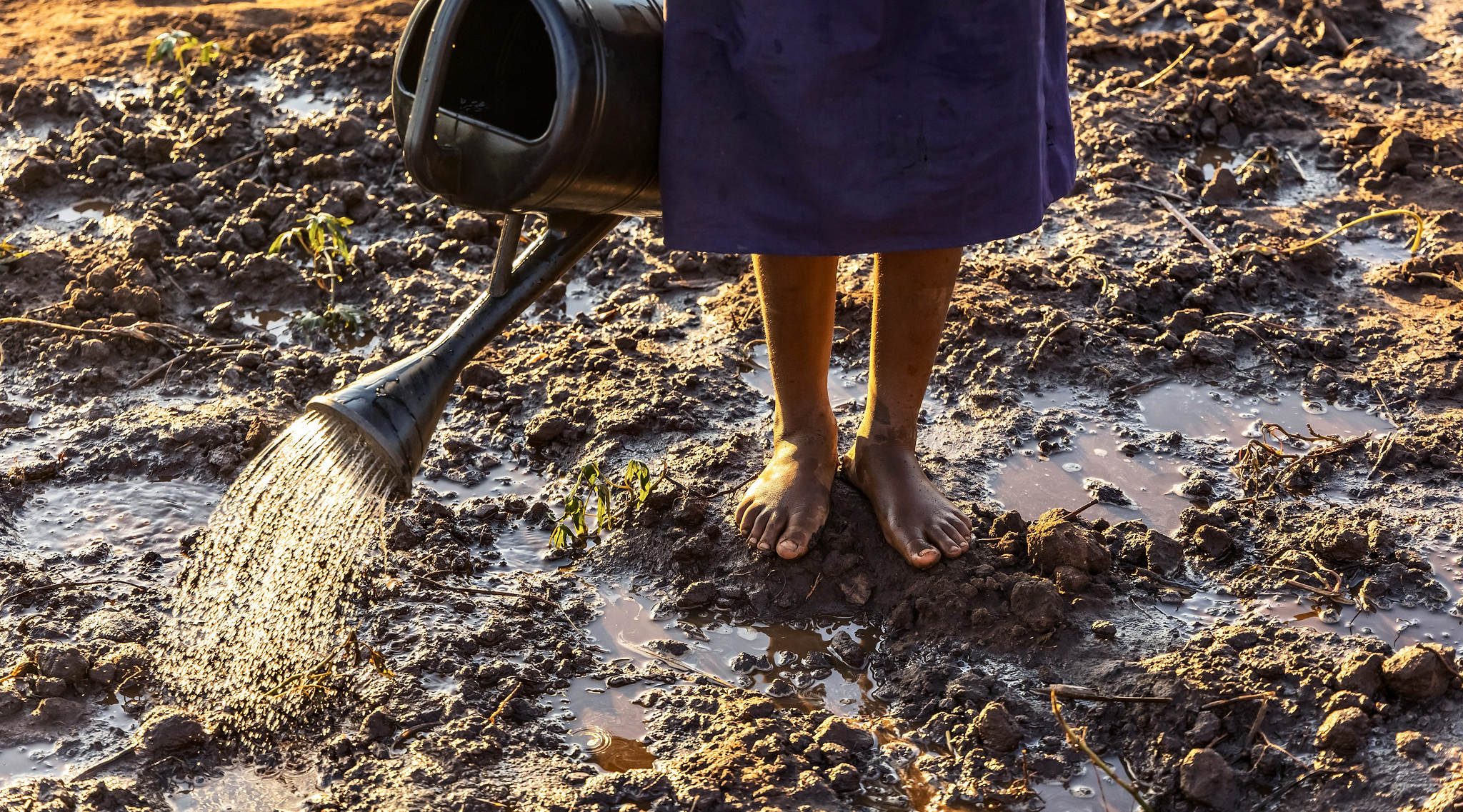

Civil Society
More than a room: Safe spaces for girls in Mozambique
“Our house, everything was burned. We left our village on foot… until we reached the district, [which was] 150 or 200 kilometres [away]”.
Zura, a 29-year-old woman, remembers fleeing her village in northern Mozambique in 2020 due to ongoing conflict in the region.

In areas affected by conflict and displacement, women and girls face exacerbated patterns of discrimination that affect their wellbeing.
According to UN Women, women living in conflict-affected areas are 7.7 times more likely to live in extreme poverty. Furthermore, during times of crisis, rates of out-of-school girls, child marriage, and gender-based violence tend to increase.

In these settings, safe spaces provide emotional, psychological, and physical security, with opportunities for women and girls to connect with each other and gain access to essential health information and support.

Zura works as a mentor for a girl’s safe space in Nacaca, a community where the majority of residents are internally displaced.
“The safe space is a free space, safe, where you feel comfortable. Where you know, 'if I talk, I will be heard and they will understand me.'"Zura – girls' mentor
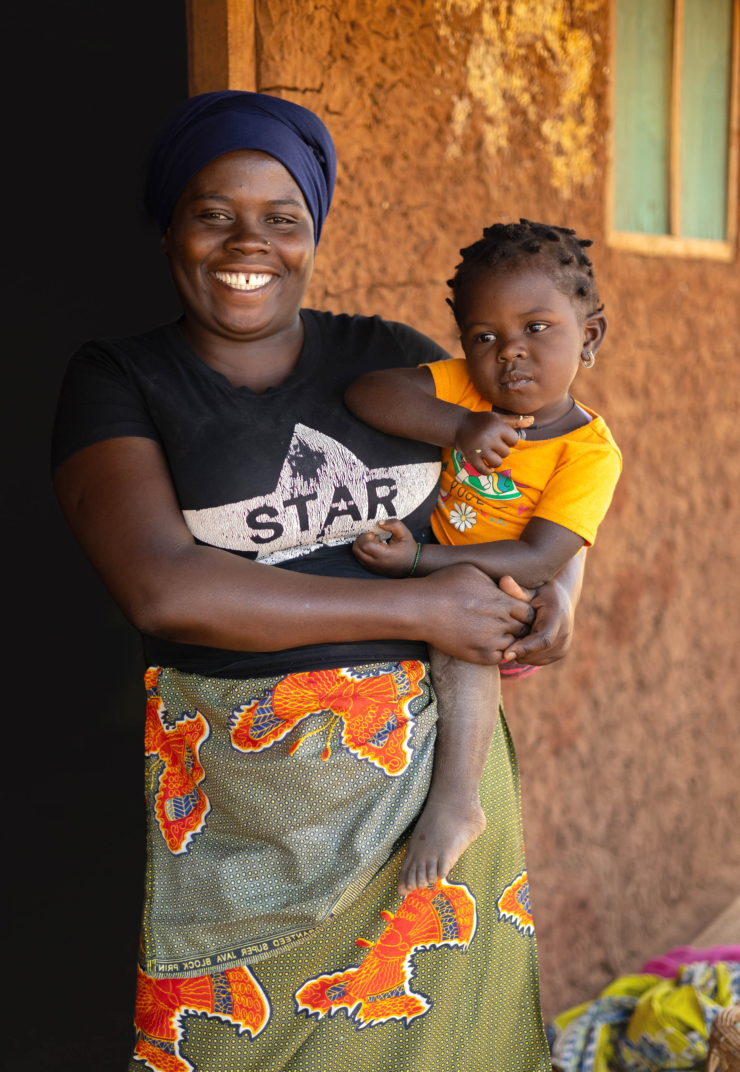
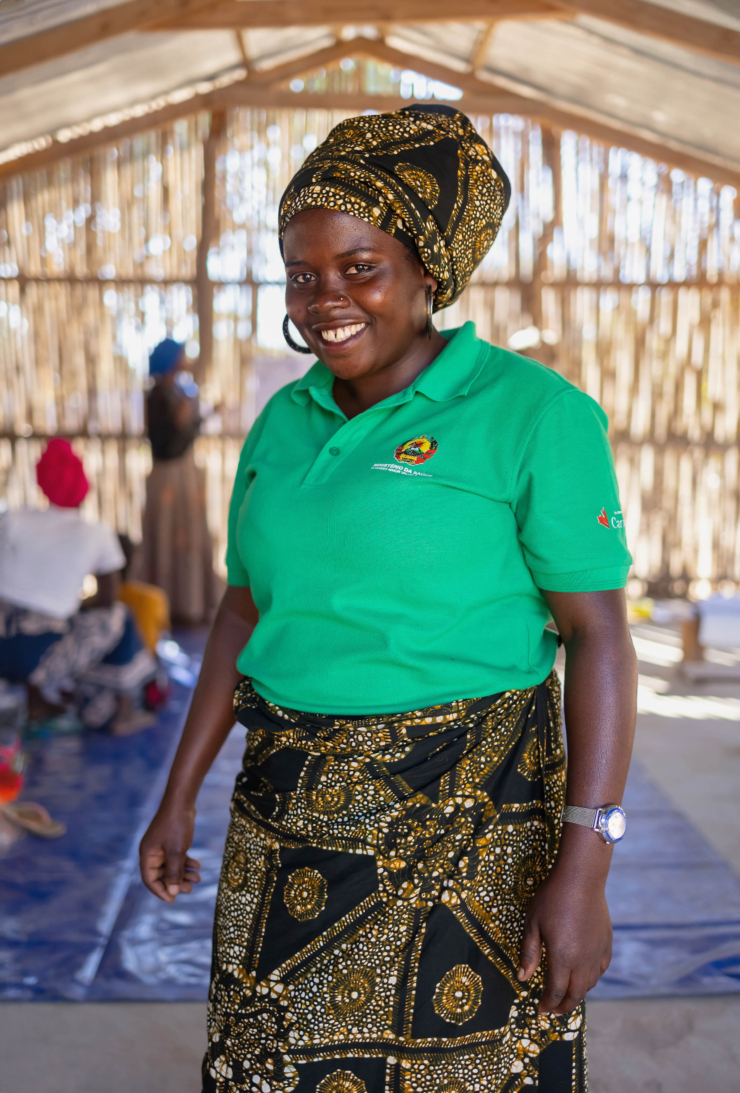

Zura works with girls aged 15 to 19 in her community, some of whom grew up in the village, and others who settled there after being displaced.

“In the first days, each [group] sat on their side, with who they know,” remembered Zura. “But now, we have created friendship, and we are all connected.”

In the safe space, Zura leads workshops on leadership, sexual and reproductive health education, emotional wellbeing, and other essential life skills. Girls are also encouraged to stay in school.
Zura remembers one participant whose family had wanted her to get married after she turned sixteen. Thanks to support from Zura and other mentors at the safe space, the young woman told her family that she wanted to focus on finishing her education instead.
“We told her that as a girl, you have your rights, you have your dreams. Don't think that, that boys have to go to school and girls don't have to go to school, we all have the same rights.”
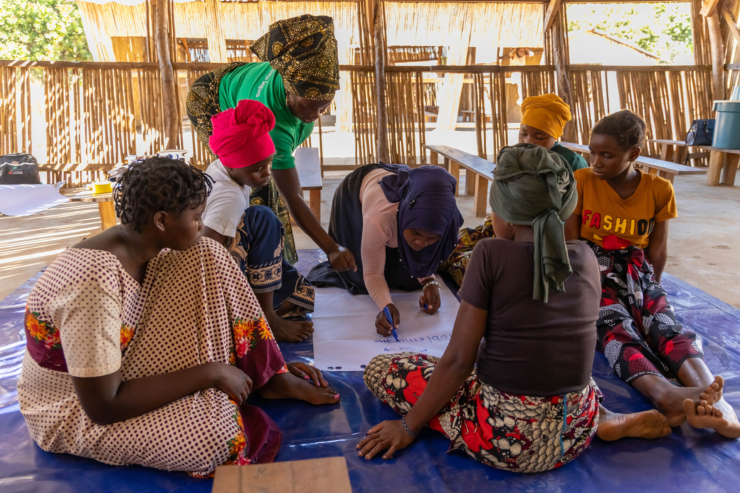
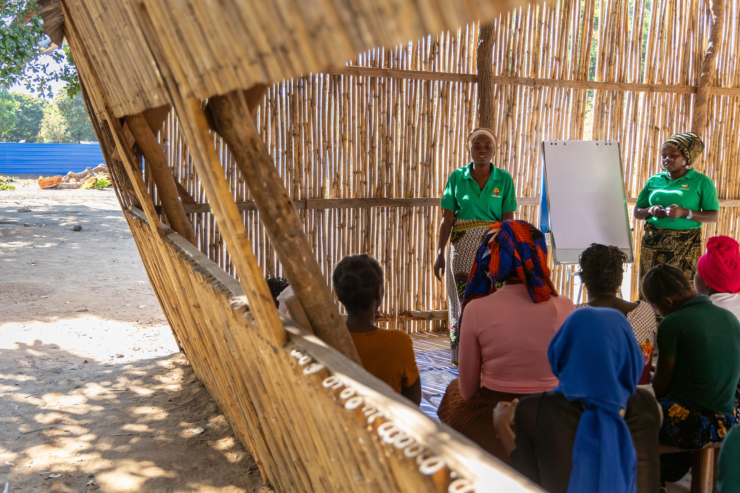

Like Zura, 19-year-old Awa and her family are also internally displaced.
“When we fled the conflict, I was disappointed, I said, ‘Everything is over for me. I don’t study anymore, I don’t have anything, and we are leaving our home.’”

Now in Nacaca, Awa attends safe space sessions on the weekend, when she’s not in school. She also shares her learnings with her mother, her siblings, her friends, and her neighbours.
“[At the safe space], I learned that as a person, I can have a decision. I learned that a person can have objectives… I know how to value myself. I know how to love myself. I know how to recognize myself.”
Awa hopes to finish her studies, find a job, and support herself and her relatives.
“[I learned that] a woman can build a place, a woman can build a house, a woman can be an engineer, can be a nurse, can be a pilot – can be anything. She has the possibility of doing it without fear… So I feel good.”

With support from Canada, mentors like Zura are supporting bright young people like Awa. These safe spaces – symbols of resilience, solidarity, and hope – support some of the most vulnerable in Mozambique and are helping to build a future where everyone can access the resources they need to thrive, no matter who they are or where they live.
Meet Awa and Zura in this video
Photo credit: Rich Townsend / AKFC

Related News & Stories

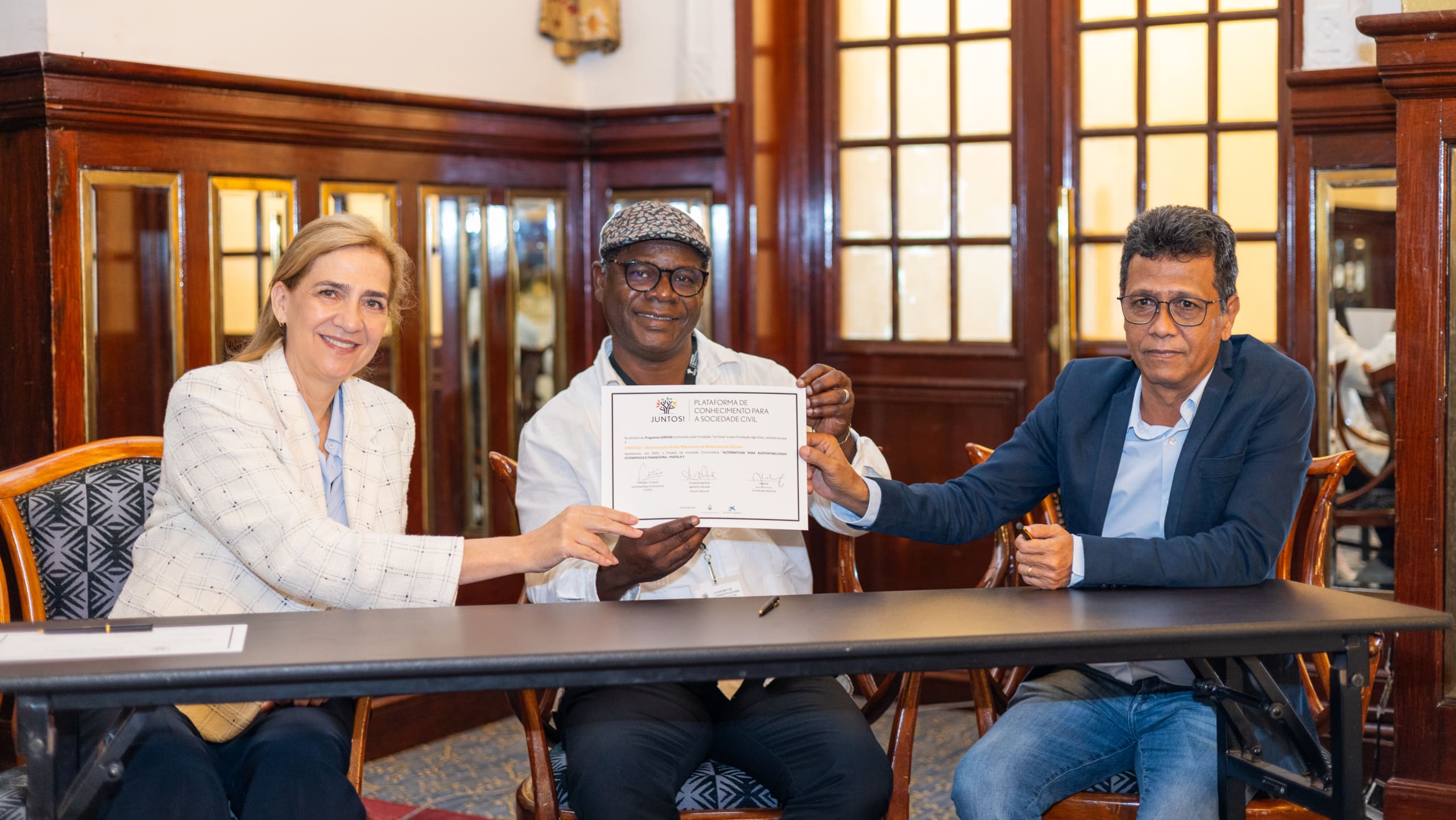
Celebrating community-led innovation: AKF and the ”la Caixa” Foundation award grants to 10 Mozambican CSOs under JUNTOS! initiative
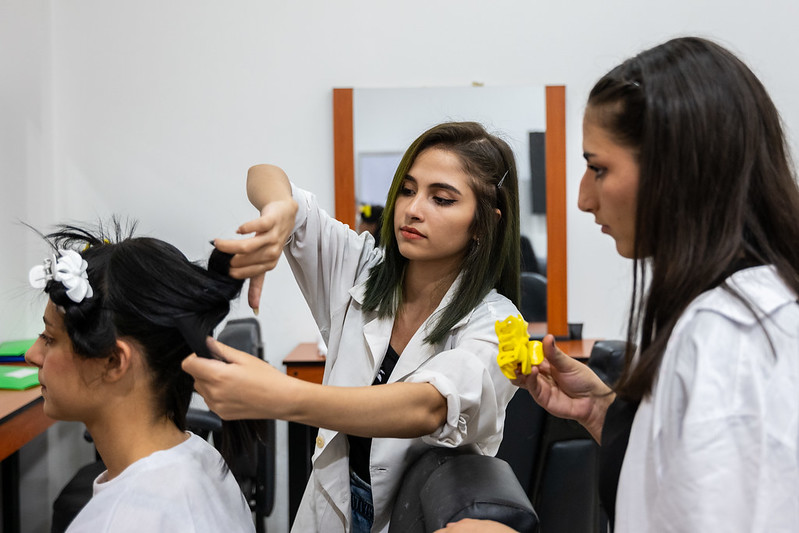
A cut above: Meet Areej
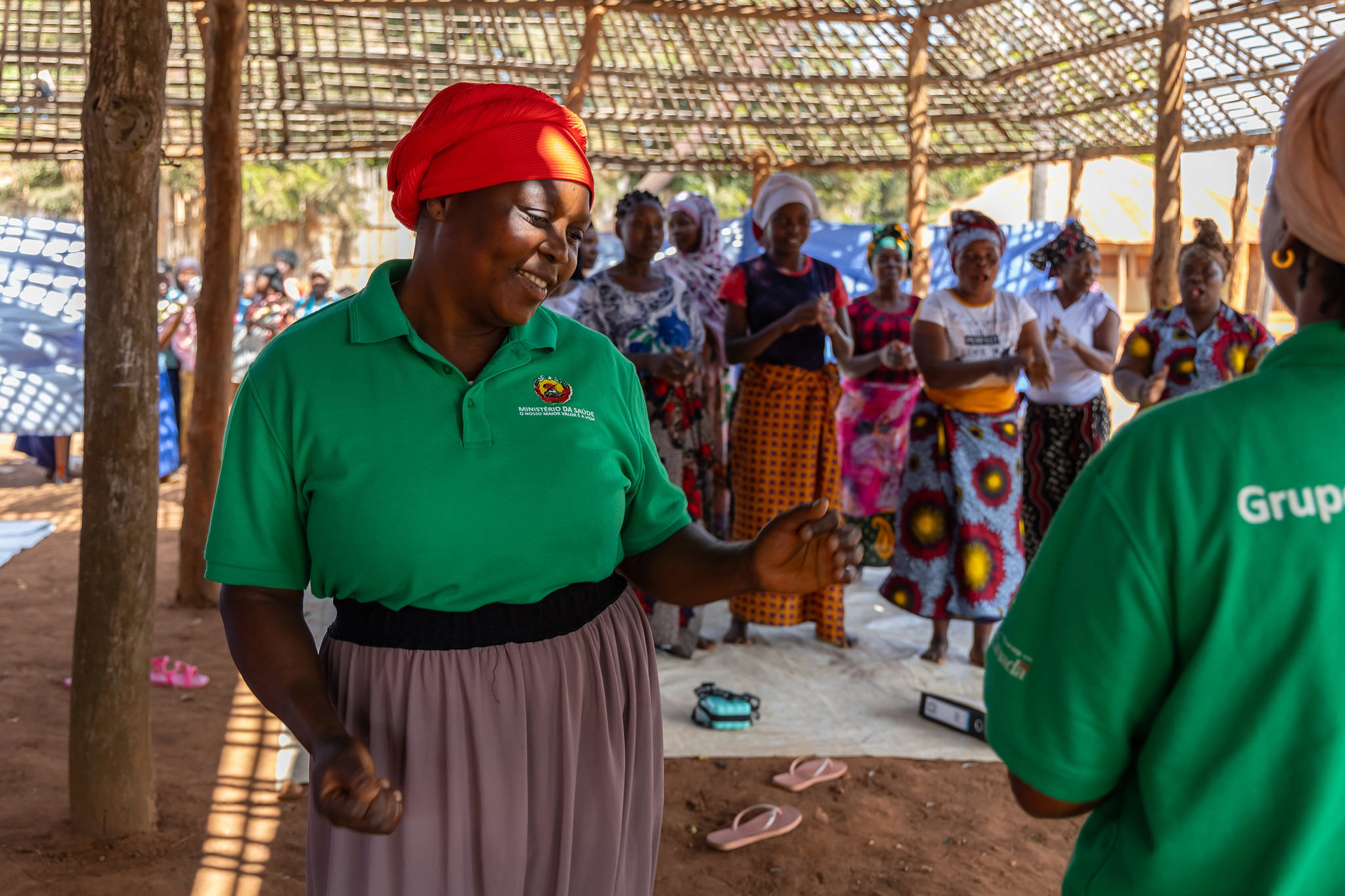
Ripples of change: Women’s change groups in Mozambique
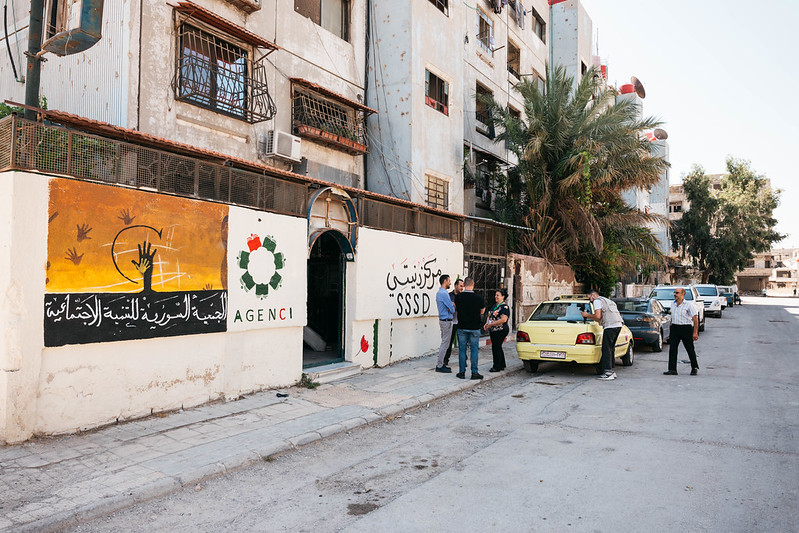
Back to school: Meet Sedrat
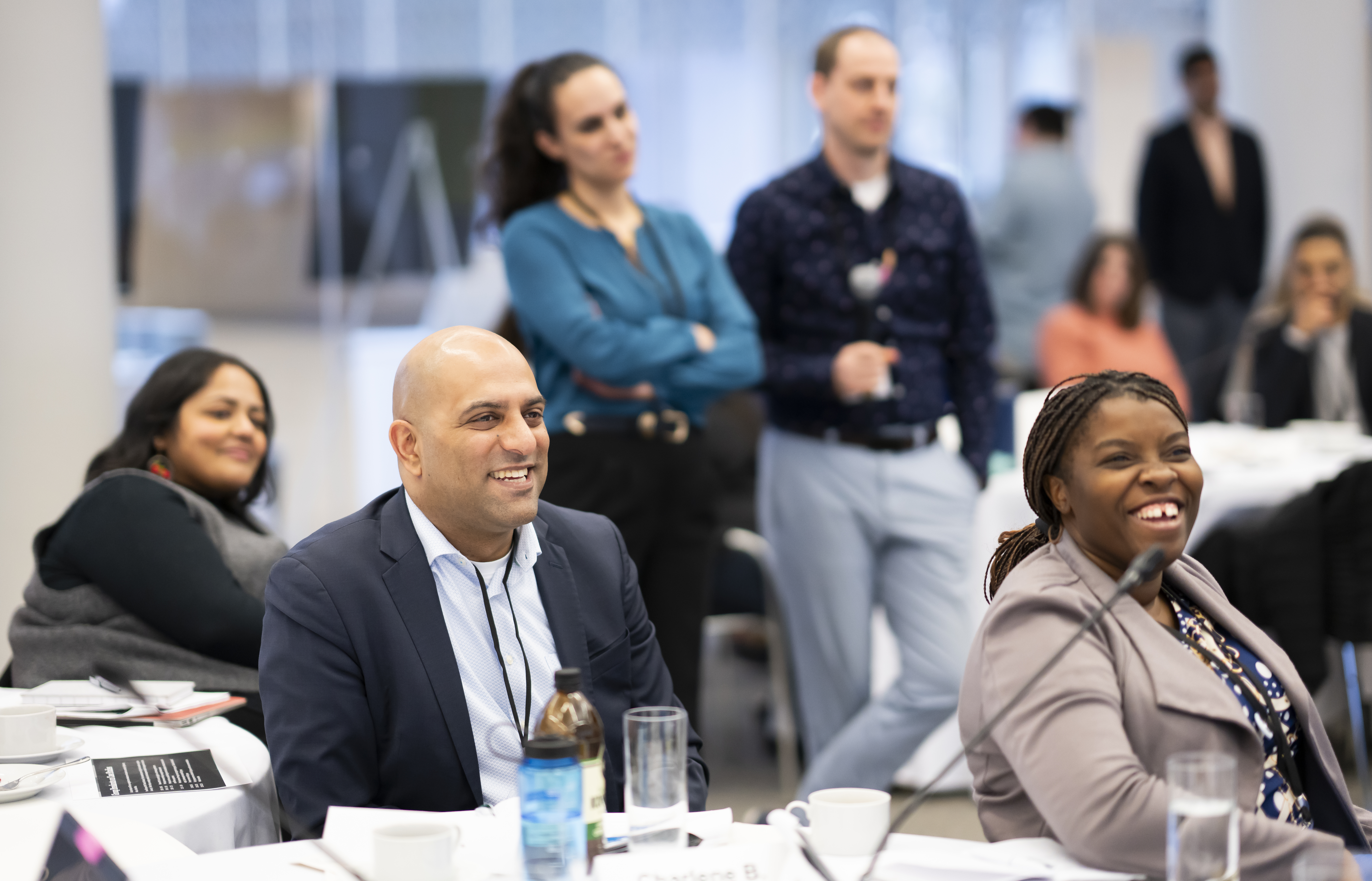
The Aga Khan Foundation Canada’s Global Leadership Program
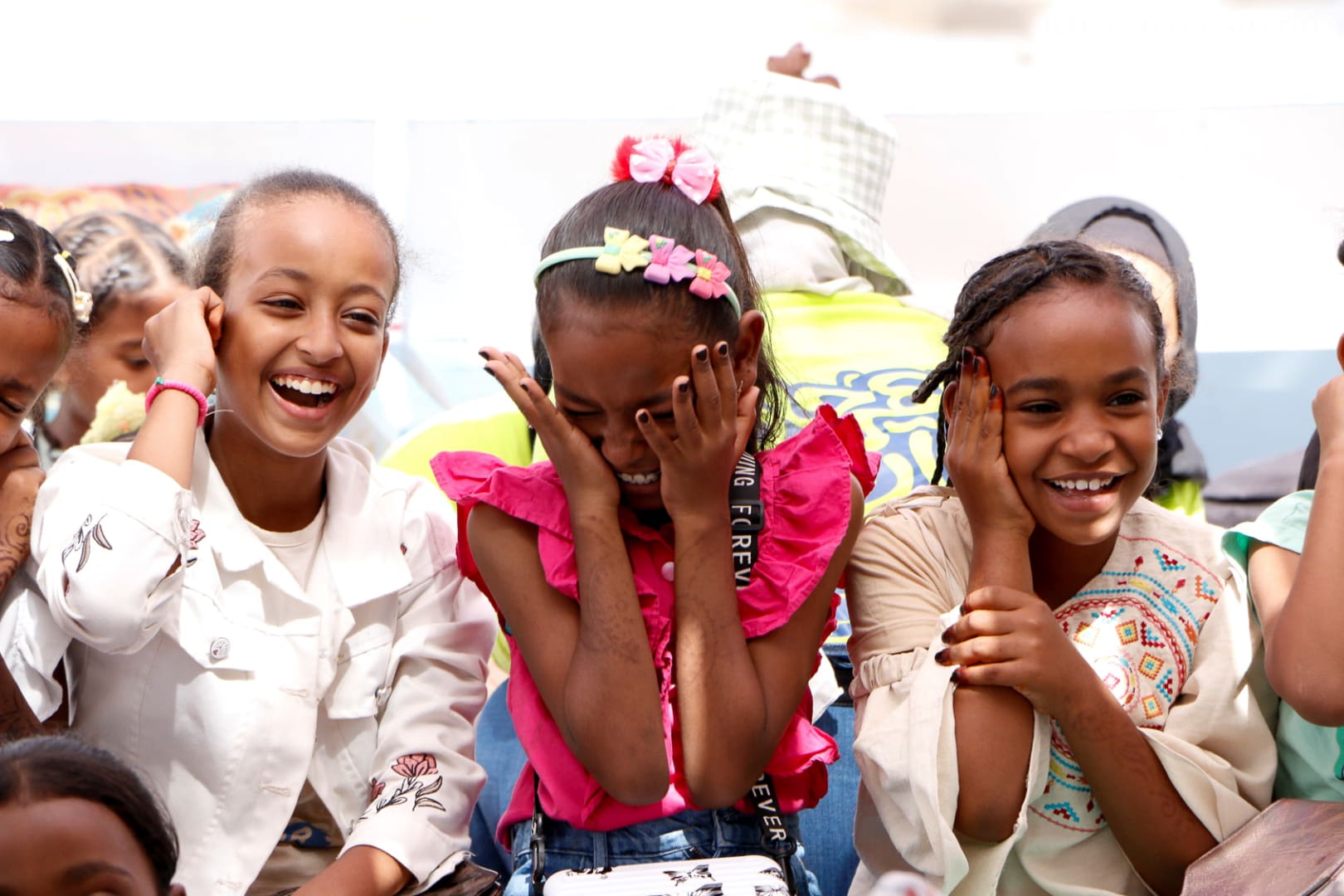
Support our work Your donations are helping us build a future where we all thrive together.